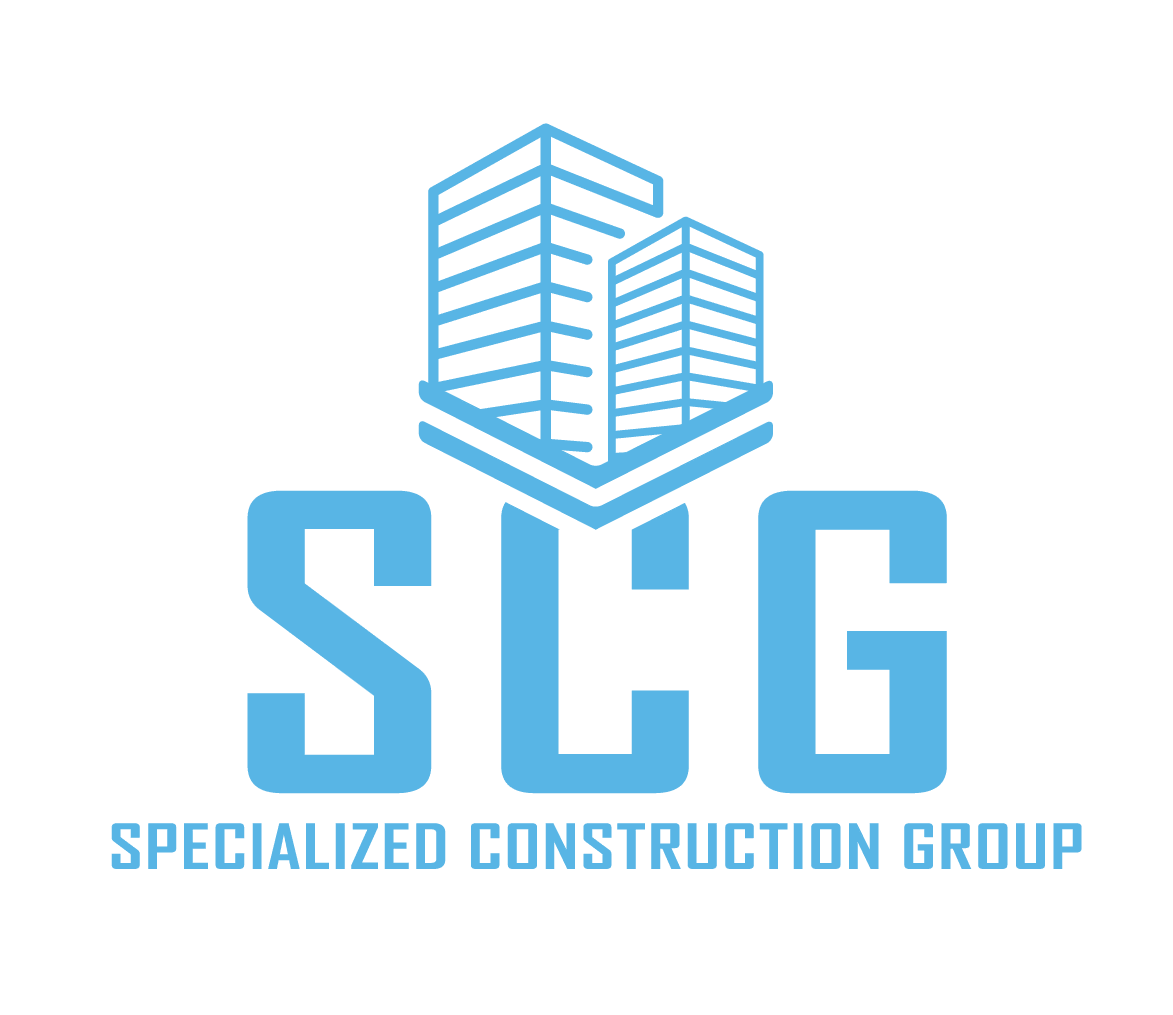As anyone in commercial real estate can attest to, a successful construction project is about more than just hammers and nails. It’s about strategic planning, detailed analysis, and proactive management—elements that come into play well before the first shovel hits the ground.
This initial phase, known as preconstruction, is pivotal in setting the stage for any commercial construction project. It’s where budgets are outlined, timelines are established, risks are evaluated, and plans are analyzed.
One element that is especially crucial during preconstruction is due diligence. Due diligence involves an in-depth assessment of every possible factor that could affect a project. Essentially, it lights a path to potential pitfalls and opportunities, serving as a blueprint for project success.
In this blog, we will demystify preconstruction and dive deep into the role of due diligence, providing you with a comprehensive understanding of why these are necessary in commercial construction.
What is Preconstruction?
Preconstruction is the planning phase that happens before any physical construction work can begin. Often undervalued yet incredibly paramount, this stage sets the tone for the entire project—the vision is established, the blueprints are drafted, and the path to completion is charted.
It involves an intricate process of preliminary planning, cost estimation, scheduling, and design evaluation:
- During preliminary planning, all the details of the project are outlined, from scope and design to the materials required and the team needed to bring the project to life. This is also where potential challenges are anticipated, enabling proactive management and mitigation strategies.
- Cost estimation involves developing a detailed and accurate budget forecast for the project. This includes direct costs such as labor and materials, as well as indirect costs like administrative overheads and contingencies.
- Scheduling is equally important during preconstruction. The development of a realistic and effective timeline helps to set clear expectations, manage resources efficiently, and ensure that all milestones are achieved on time.
- The design evaluation process is where the conceptual design is reviewed in alignment with project objectives, budget, and schedule. This assessment ensures the design is viable, cost-effective, and that it complements the project’s ultimate purpose.
Overall, the preconstruction phase lays the groundwork for the entire project and acts as a determinant for success in the construction journey ahead.
What is Due Diligence in the Context of Preconstruction?
In the context of preconstruction, due diligence involves a comprehensive approach to research and analysis. Its aim is to anticipate and strategically manage risks, ensuring that every subsequent phase of the project is built on a solid foundation.
This process starts with an understanding of the project’s goals and requirements, as well as the stakeholders involved. From there, detailed investigations are carried out, covering the following aspects:
- Site investigation: This involves detailed site surveys and geotechnical investigations to understand the land on which the project will be built on. Site investigations help in predicting possible roadblocks, whether they’re related to the soil, groundwater, or existing infrastructure.
- Design Review: Due diligence involves a thorough review of design documents. This means analyzing architectural and engineering plans to ensure they are realistic, compliant with regulations, and in line with budget and schedule constraints.
- Legal and Regulatory Compliance: Understanding local codes, ordinances, and the need for permits and licenses is critical to avoiding future legal complications.
- Financial Feasibility: This includes an exhaustive review of projected costs, potential funding sources, return on investment, and contingencies. It also involves market analysis and understanding the economic climate, which can impact the project’s financial success.
- Risk Assessment: Identifying risks and challenges at the outset helps in formulating mitigation strategies, which are integral to the overall project plan.
4 Benefits of Due Diligence During Preconstruction
The benefits of conducting due diligence during the preconstruction phase can significantly impact the project’s success.
- Promotes Cost Savings and Budget Optimization
Due diligence enables the identification and assessment of possible issues that could lead to unexpected costs. By uncovering these problems early, construction managers can preemptively devise strategies to mitigate their impact. Moreover, a thorough financial analysis during due diligence can provide a more accurate cost estimation, setting realistic budgets and preventing overruns.
- Risk Reduction
Risk is reduced by proactively identifying and addressing potential problems. The due diligence process provides an opportunity to conduct a comprehensive risk assessment, mapping out probable hazards and challenges. This proactive approach enables the development of various risk mitigation strategies, effectively reducing the likelihood of unexpected issues during the project.
- Improved Scheduling and Timeline Accuracy
One of the primary causes of delays in construction is a lack of clear understanding of the project’s scope. Through the process of due diligence, project managers gain a deep understanding of all project facets, enabling them to create more realistic and accurate schedules. This thorough planning can drastically improve adherence to timelines and ensure timely project completion.
- Enhanced Stakeholder Confidence
Stakeholders—be it investors, clients, or regulatory bodies—derive confidence from a well-prepared project. Due diligence ensures that every possible scenario has been taken into account and the project is backed by a feasible plan. This assurance is key to establishing trust and maintaining productive collaboration.
Conclusion
To recap, due diligence is central to preconstruction. It acts as a safeguard, minimizing potential risks and maximizing project success.
At SCGWest, we understand that the path to a well-executed project starts with a robust preconstruction and due diligence strategy. We believe in leaving no stone unturned—be it assessing the soil composition for potential challenges or scrutinizing building regulations for compliance.
Contact us today to learn more about our preconstruction services and how we can help guide you through the due diligence process!



